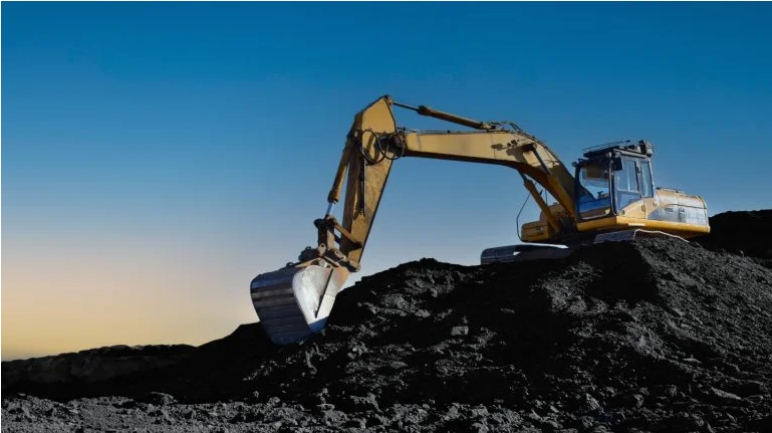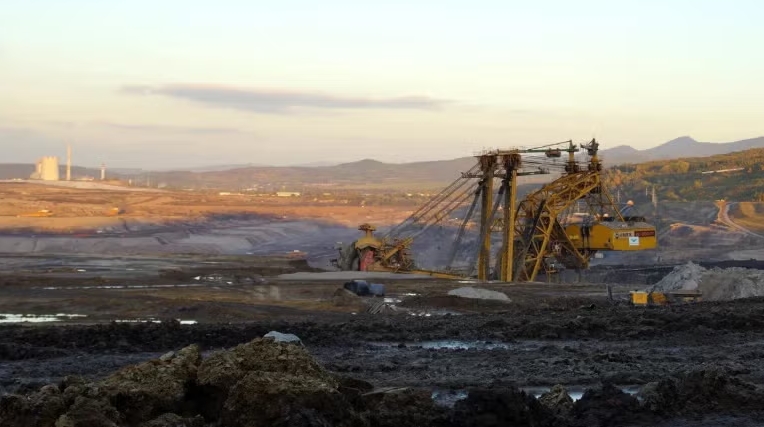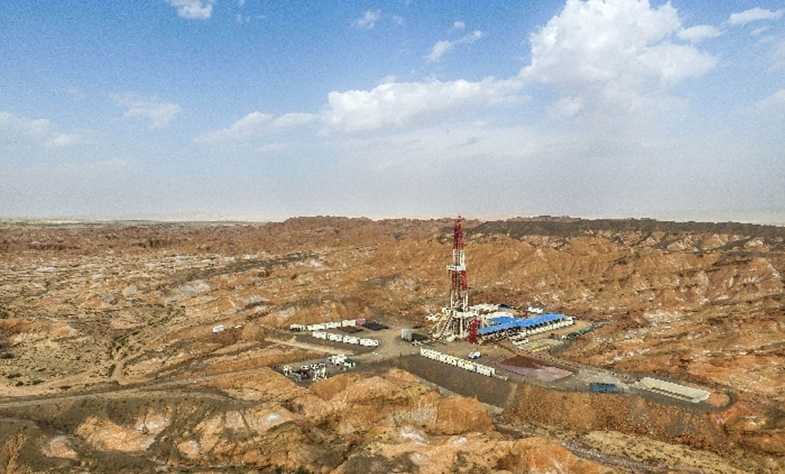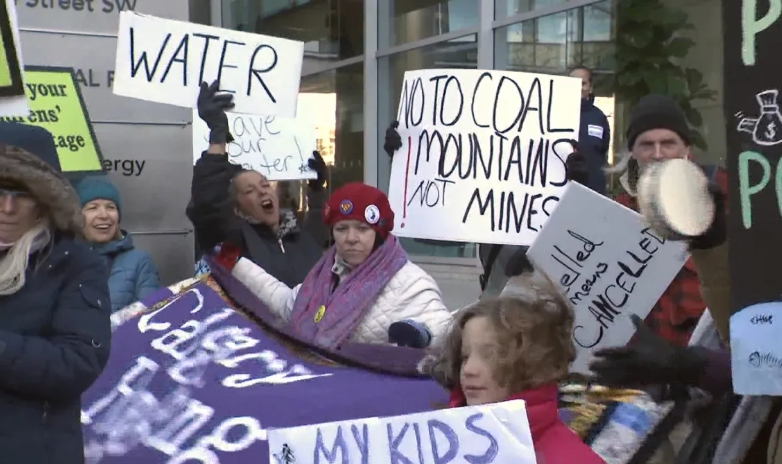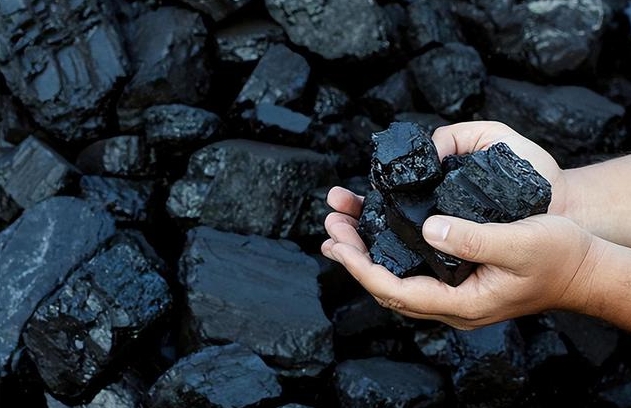UK energy giants SSE and RWE have shut down their last two coal-fired plants – the Fiddler’s Ferry power station in Warrington, Sheffield, and the Aberthaw coal-fired station in Wales, after nearly half a century of operation.
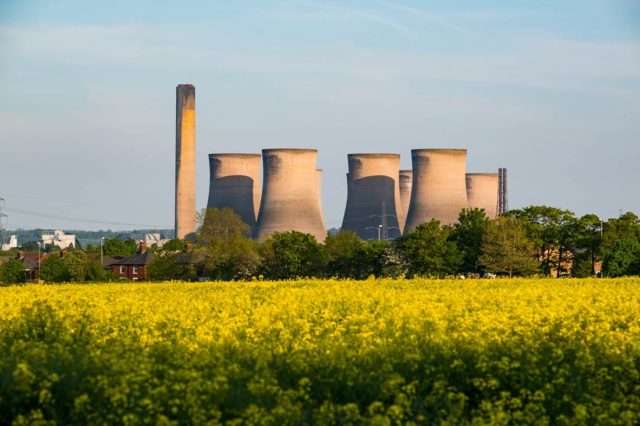 The Fiddler's Ferry Coal-fired power plant.
The Fiddler's Ferry Coal-fired power plant.
The Fiddler’s Ferry plant, which began operating in 1973, and the Aberthaw plant, which had been in operation since 1971, leave only four remaining coal plants in operation in the UK, with all coal-fired generation set to cease by 2025 under British law.
At its peak, Fiddler’s Ferry had a capacity of 2,000 MW, producing enough electricity to power around two million homes.
The electricity system operator, National Grid, the Government and energy industry regulator, Ofgem have been consulted with since SSE announced the closure of the Fiddler’s Ferry site in June 2019 and the closure of the site has long been factored into wider GB electricity system planning.
SSE has committed to reducing the carbon intensity of the electricity it generates by 50 per cent, as well as trebling its renewable energy output, by 2030.
Stephen Wheeler, Managing Director of SSE Thermal, said: “The closure of Fiddler’s Ferry Power Station is a landmark moment for SSE, and the wider energy industry, as we transition to a net zero emissions future. It’s made a huge contribution to the local area, but it’s the right thing to do as the UK continues to move to cleaner ways of producing energy and take action on climate change.
“SSE is now the UK’s leading generator of renewable energy and we have committed to trebling our output by 2030. We will back up this renewable generation with super-efficient gas-fired plants, which we are also looking to decarbonise through emerging carbon capture and hydrogen technology”.
The move is in-line with a recent trend to shut down coal plants in the light of government carbon taxation, leading to clean energy overtaking the use of coal for the first time in 2019.
